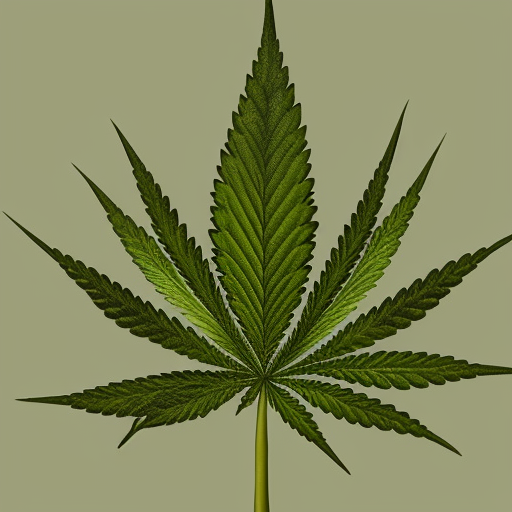
Yo, what’s up, it’s your boy Dan, and today we’re gonna talk about CBD and how it affects our brains. You know, CBD is getting a lot of hype these days for its potential benefits to our health, and it turns out that the brain is one of the organs that interacts with it the most.
So, let’s get into it. The brain’s primary role is to process all the information sent through our bodies and send it back around like one central computer controlling memory, cognition, and experiences. It has three main sections: the cerebrum, cerebellum, and brain stem.
The endocannabinoid system transcends through this region of the nervous system, and once a cannabinoid like CBD enters the body, brain function is one of the first processes affected. CB1 and CB2 are two major cannabinoid receptors found in our bodies. CB1 receptors are abundant in the nervous system, particularly in the brain, brainstem, and cerebellum. THC binds with CB1 receptors in the brain leading to the psychotropic effects associated with marijuana.
CBD doesn’t bind with CB1 receptors in a traditional way but instead interacts with non-cannabinoid receptors like TRPV1 that moderate the body’s response to inflammation and pain. CB2 receptors are located primarily within immune cells and modulate immune function. It’s through these receptors that the body can help fight inflammation.
Now onto the good stuff – how CBD can improve brain function. Neurogenesis is a process by which the brain forms new neurons responsible for receiving sensory information and sending commands to our muscles for movement. CBD holds potential to increase neurogenesis by modulating the endocannabinoid system.
Oxidative stress occurs when your body produces more free radicals than antioxidants leading to damage to your body causing aging and long-term health issues like diabetes, heart disease, and cancer. Research shows that CBD plays a role in reducing oxidative stress levels.
Cerebral blood flow is an integral factor in optimal brain function and aging. Recent research has found a connection between cannabidiol and cerebral blood flow, showing CBD’s plausible capabilities of increasing blood flow to the hippocampus responsible for learning and memory.
Anxiety and paranoia are known culprits behind unpleasant cannabis highs, but CBD is seen as a possible medium to balance things out. CBD can potentially lower THC-induced anxiety through its role as a negative allosteric modulator of CB1 receptors.
Dopamine is a hormone released during gratifying experiences like eating delicious food or having sex making drugs highly addictive as well. Research shows CBD’s innate ability to promote homeostasis may give it anti-addictive potential.
Overall, there isn’t enough comprehensive clinical trials to make definitive conclusions on CBD’s relationship with our brains. At the very least, CBD doesn’t appear to do any damage to brain health or function and is well-tolerated by humans.
So there you have it, folks – all you need to know about how CBD affects our brains. Keep it real out there!



Yo this article got me thinkin for real. CBD be doin some wild stuff to the mind. We gotta be careful and know what we puttin in our bodies. Keep it real, fam.